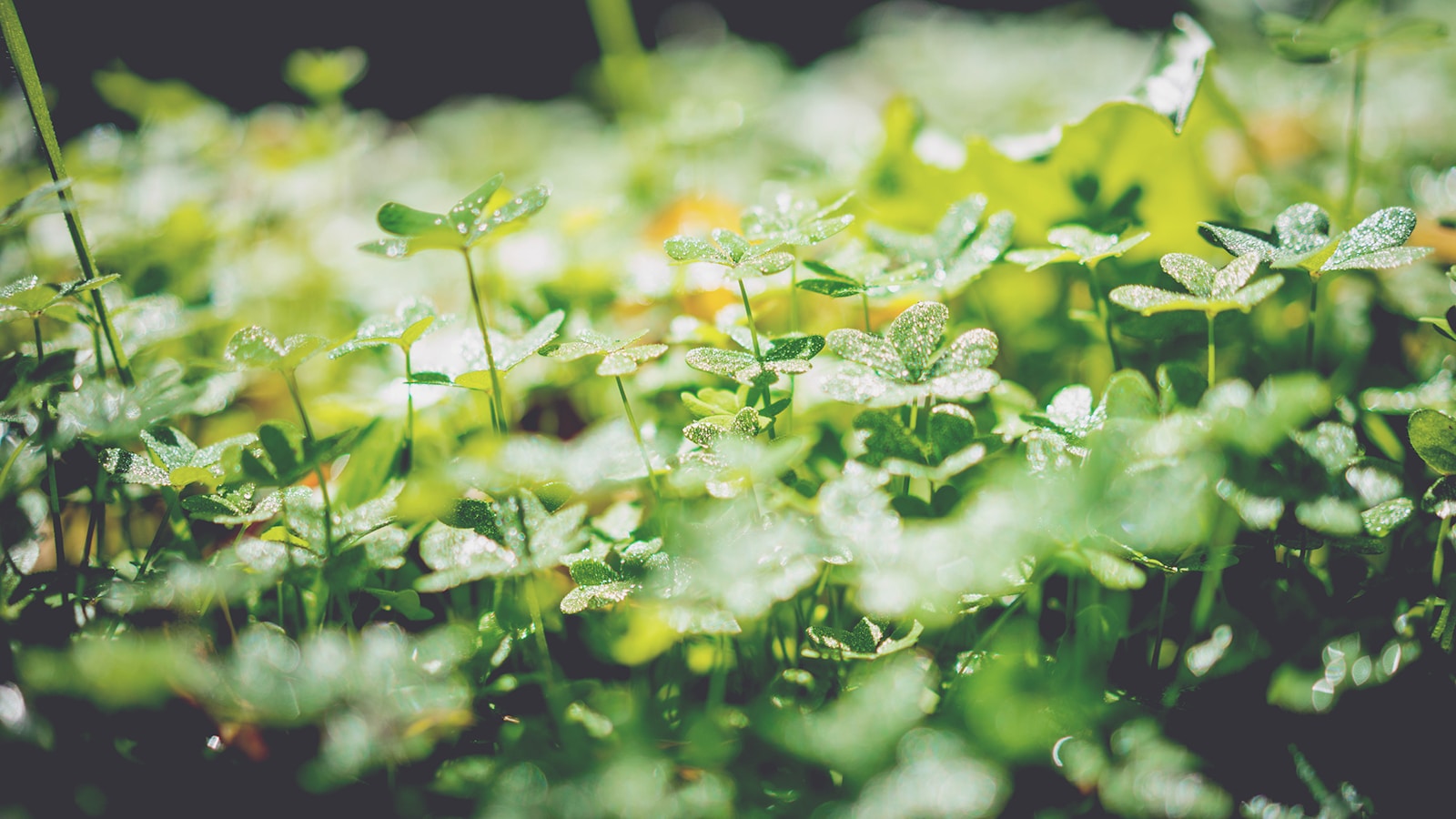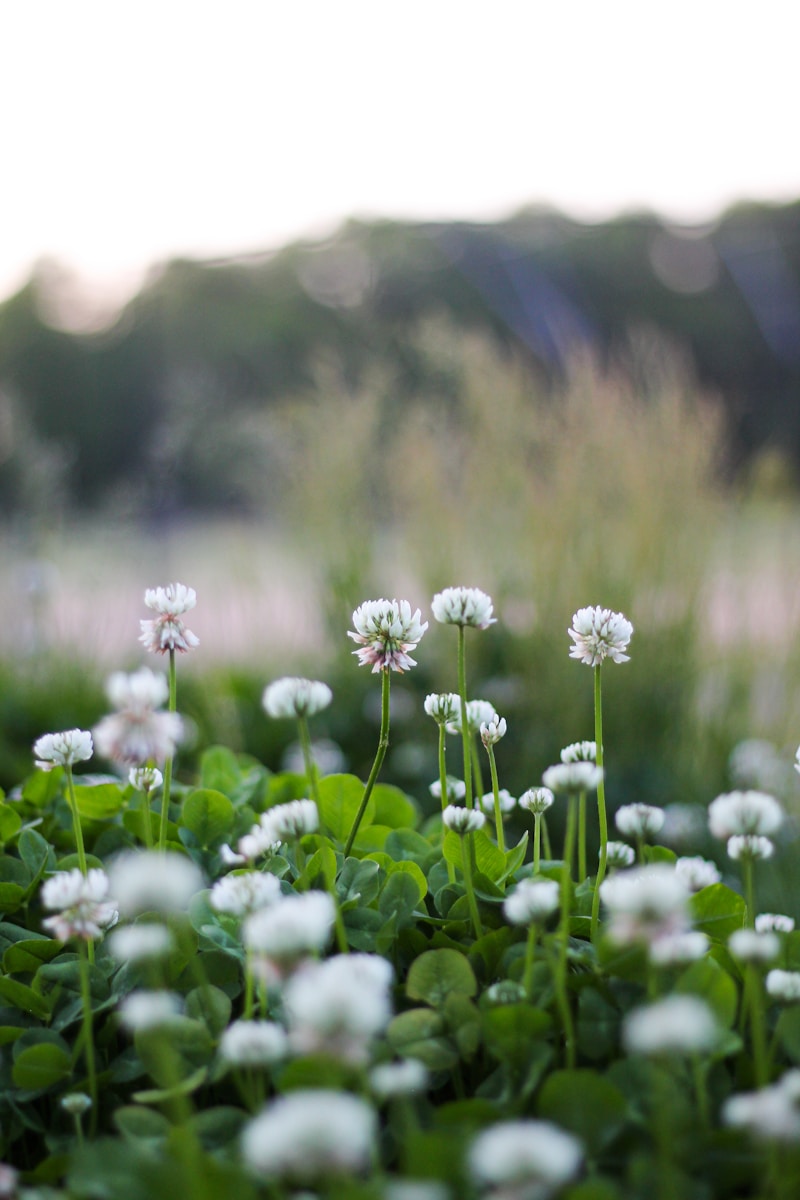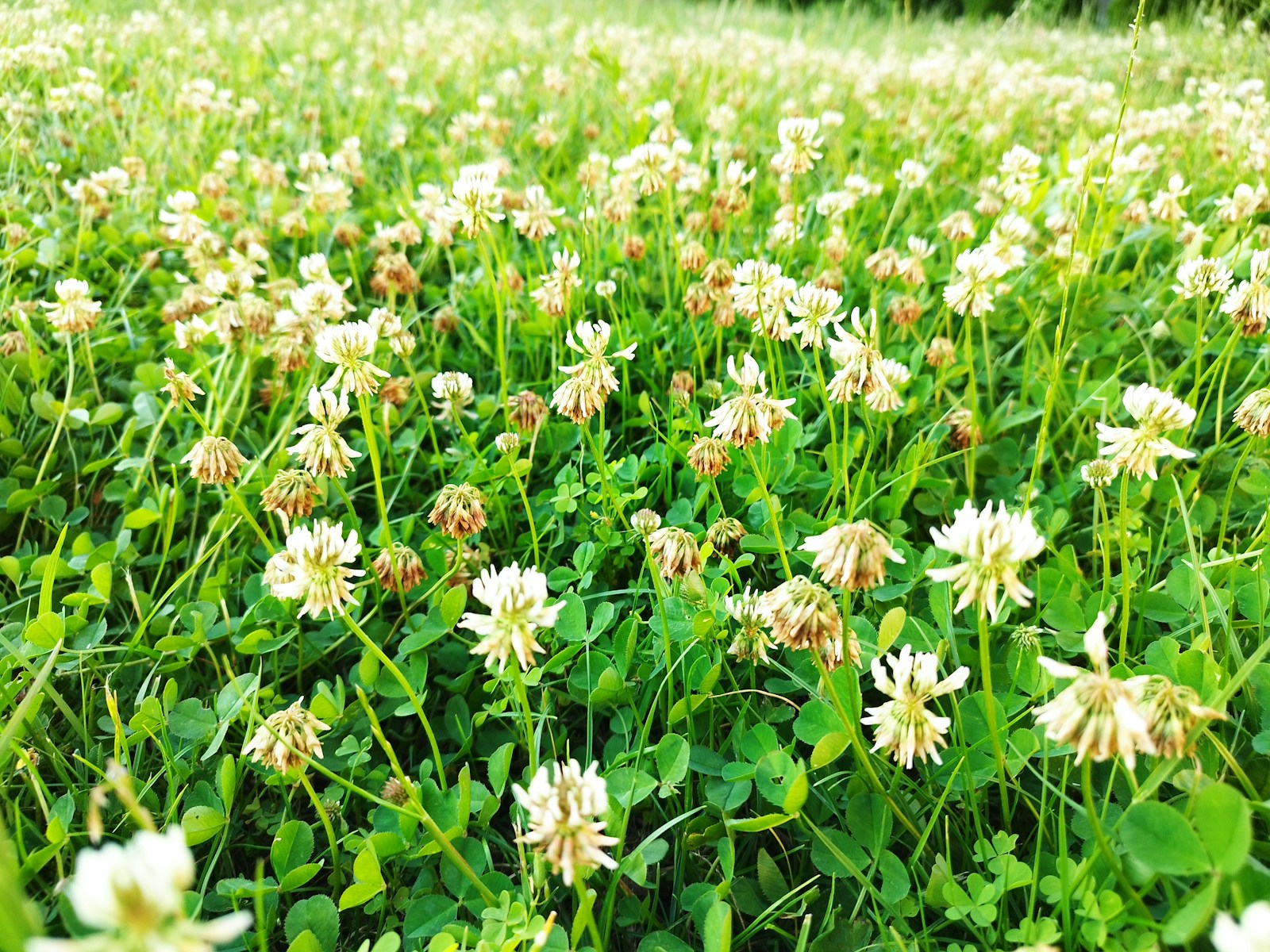Dear Seasoned Spade,
My garden is in full swing, but I keep hearing conflicting advice about fertilizers. Some folks swear by organic options, while others say synthetic is the way to go. Is one really better than the other, or is this just another gardening feud destined to never end? Help me fertilize wisely!
- Compost Confused in Columbus
Dear Compost Confused,
Ah, the great fertilizer debate—right up there with whether tomatoes are fruits or vegetables, and if you really need that third garden gnome. The truth is, both organic and synthetic fertilizers have their place in the gardening world, and choosing between them depends on your plants, your patience, and how much you enjoy deciphering ingredient labels that sound like a science experiment gone wrong.
So let’s dig in (pun intended).
Organic Fertilizers: The Slow and Steady Option
Organic fertilizers are made from natural sources like compost, manure, and bone meal. Think of them as the slow-cooker of plant nutrition—they take their time, breaking down gradually and feeding your soil with a rich mix of nutrients that stick around for the long haul. Plus, they improve soil structure, encourage beneficial microbes, and give you bragging rights at the local farmers’ market.
However, organic fertilizers can be a bit… let’s say “fragrant,” and they require patience. If you’re expecting instant results, you’ll be staring at your plants like they’re contestants on a reality show, waiting for something exciting to happen. Spoiler alert: it won’t.
Synthetic Fertilizers: The Fast-Acting Fixer
On the flip side, synthetic fertilizers are like an energy drink for your plants—quick, effective, and a little intense if you’re not careful. These are chemically manufactured to provide an immediate nutrient boost, making them perfect when your plants look like they’ve pulled an all-nighter and need a pick-me-up.
But there’s a catch. Synthetic fertilizers can be a bit… needy. Use too much, and you’ll end up with plants that grow fast but don’t develop strong roots. Plus, over time, they can deplete soil health, making your garden as dependent as your neighbor’s lawn on weekly treatments.
The Verdict: Balance is Key
If you’re in it for the long game and love nurturing your soil, organic is your best bet. If you’re after quick results and can commit to a careful feeding schedule, synthetic might be the way to go. Or better yet, take a hybrid approach—give your garden the best of both worlds by using organic fertilizers for sustained health and synthetic for the occasional boost.
Just remember, no matter what you choose, your plants will only thrive if you stick to the golden rule of gardening: don’t overdo it. More isn’t always better—unless we’re talking about garden gnomes, of course.
Seasonedly yours,
The Seasoned Spade



